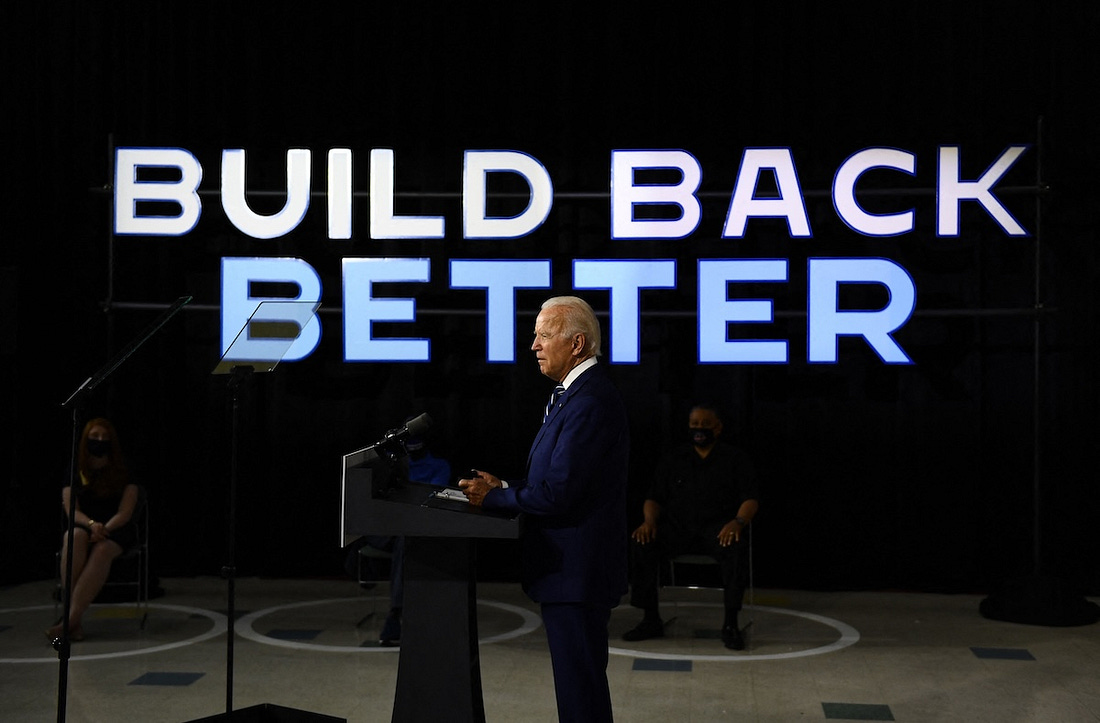|
 |
It’s early 2028. The United States is a changed country in many ways. Among them: Several million Americans have lost their Medicaid and private health-insurance benefits, with several million more to come.
For this and other reasons, Republicans are underdogs for president, and control of Congress is up for grabs. The Democratic primary comes down to two candidates: a moderate factionalist, and a progressive factionalist. The former measures public opinion on a rolling basis and adheres to it carefully; the latter is more cavalier, but more willing to fight things out in the public square.
Candidate A and his advisers have built their platform upon survey data, by asking thousands of individuals to answer questions like, "Should Congress should respond to the recent increase in the uninsured population by restoring Medicaid and ACA eligibility to their previous criteria, or by creating a new government-run insurer?" The first option polled better, so candidate A added it to his platform. He calls it "practical," "common sense.”
Candidate B and her advisers don't see this dilemma—what should our health-care policy be?—as one that issue polling alone should resolve. They believe policy proposals say a lot about how officials will carry themselves under duress. They view the Republican assault on Medicaid and the Affordable Care Act as a slap in the face. Everyone should of course get their health care restored, but Republicans should suffer a real substantive setback for breaking faith with the public in such an arrogant way. The remedy should make it much harder for any future GOP majority to throw millions of people right back off their plans, even if that means supporting a policy that polls a bit worse. By dint of their decision, they get to campaign on the front foot, with strong language, creating atmospherics polling can’t easily measure. Never again. We’re gonna teach them a lesson about what happens when you come after the American people.
The candidates tell similar stories about GOP betrayal of the working class, but only Candidate B can credibly claim to seek a reckoning for the betrayal, by contrast to turning back the clock, and wiping the slate clean.
I know who I like in this matchup, but who should win the primary? Who's likelier to romp to victory in the general election? Should we trust head-to-head polls which show Candidate A running 1-2 points stronger than Candidate B? Or should we account for the intangible difference between authenticity and expediency that everyone can sense?
The Democratic and liberal establishments are trained to believe A all the way. To follow the numbers toward minimal risk. And because past is prologue, they rally around him.
If a scenario like this materializes, and that kind of establishment thinking prevails, Democrats will whiff accountability again. And I fear we’re several steps down this road already.
PARTY LIKE IT’S 2029
This hypothetical occurred to me reading reporting by Shane Goldmacher of the New York Times and Dave Weigel of Semafor. ...
Subscribe to Off Message to unlock the rest.
Become a paying subscriber of Off Message to get access to this post and other subscriber-only content.
A subscription gets you:
| Subscriber-only posts and full archive | |
| Post comments and interact with me and the community | |
| Complete, ad-free videos, and bonus videos that won’t be available anywhere else |
